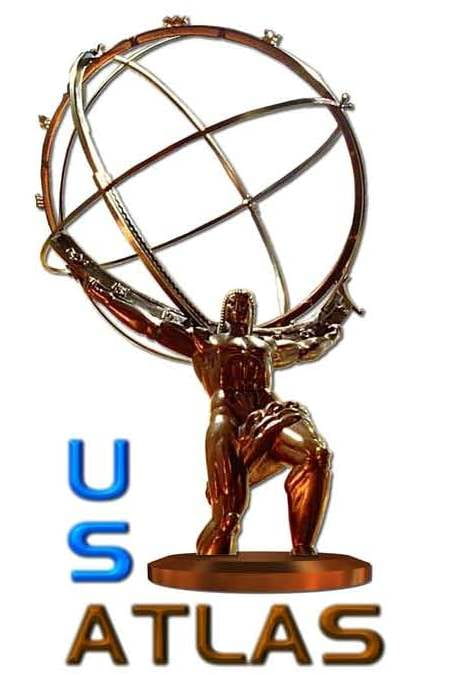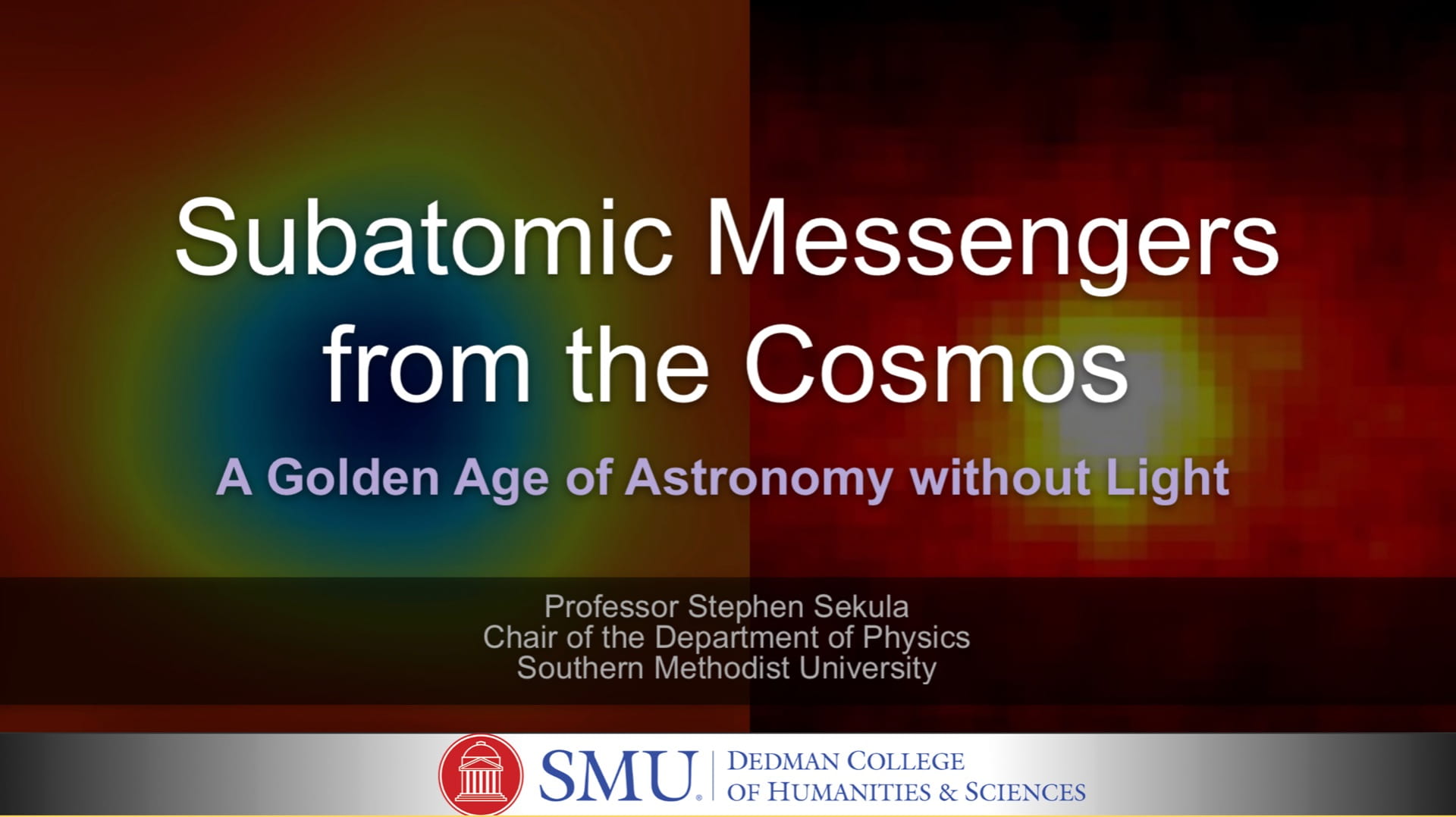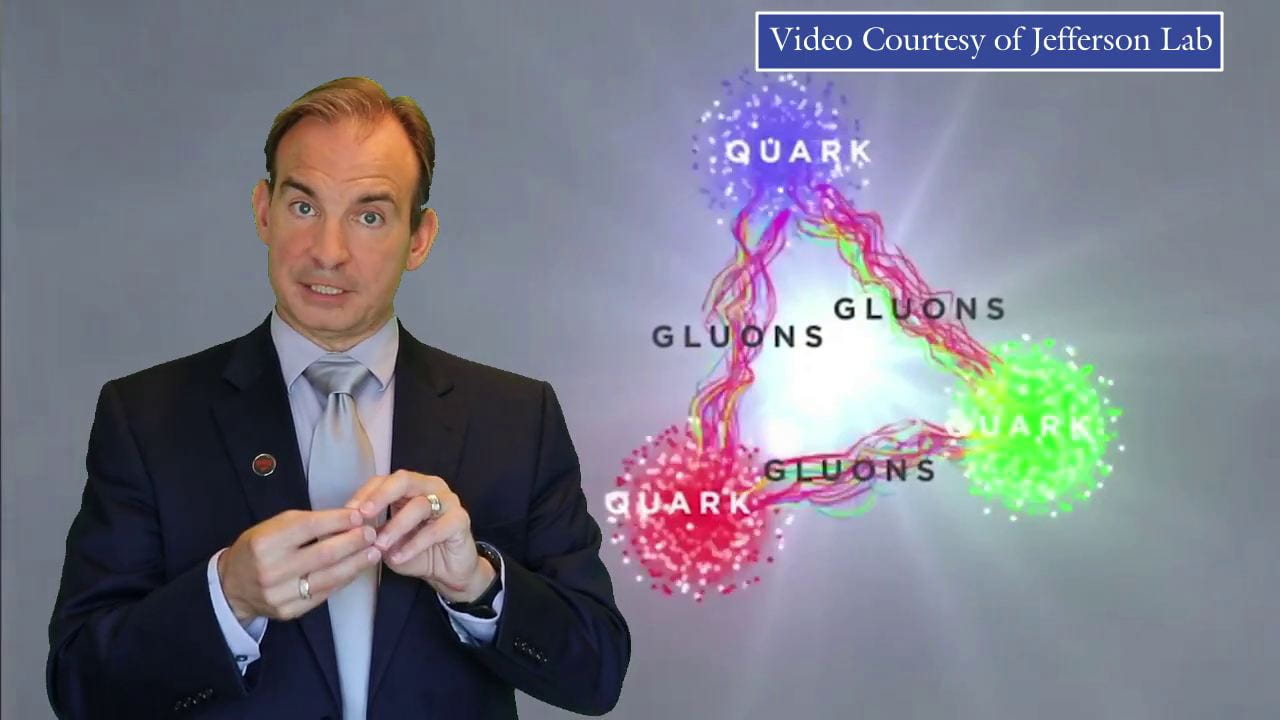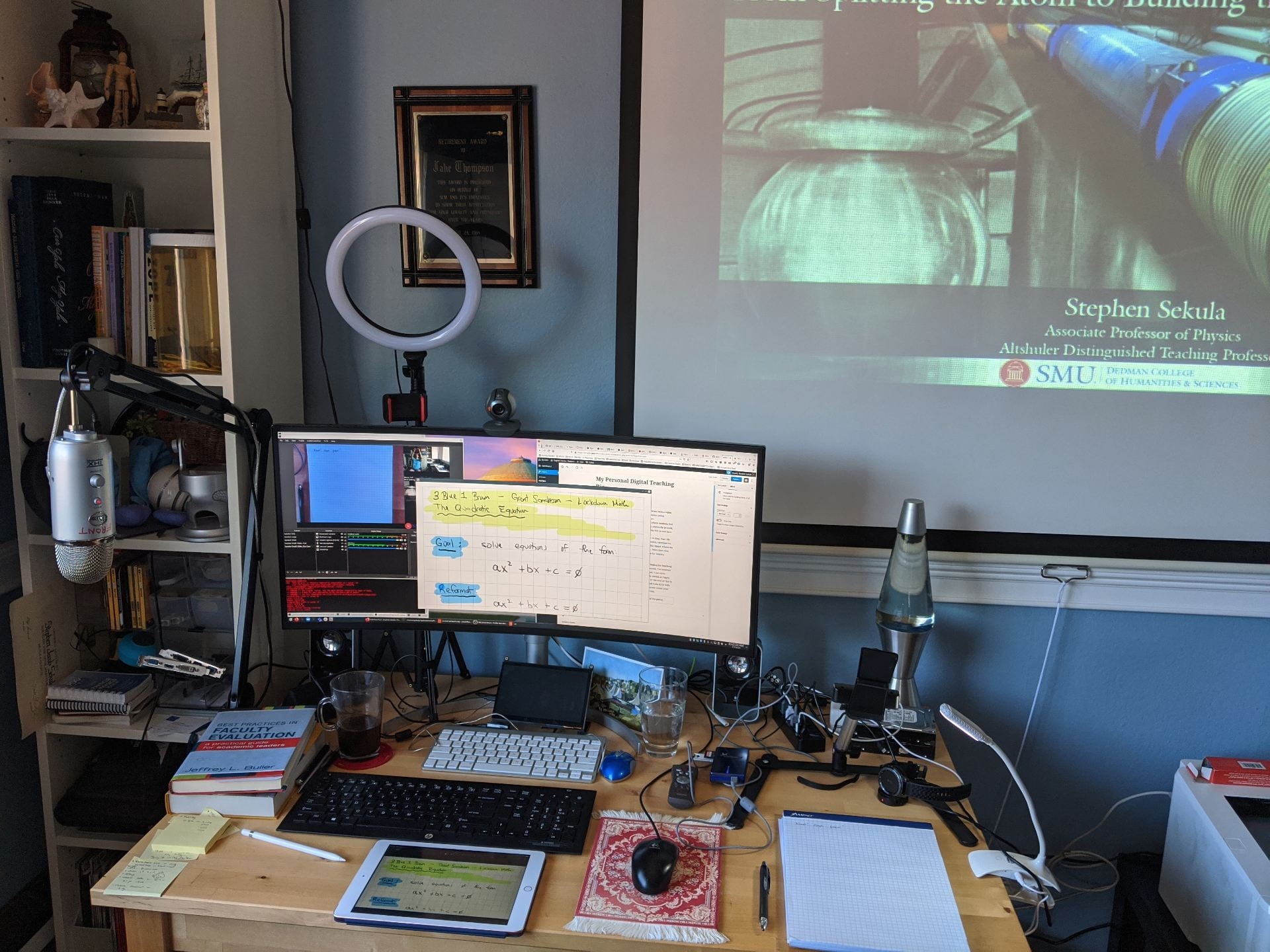For detailed measurements of Higgs boson properties confirming the symmetry-breaking mechanism of mass generation … and more!
I am very proud to be listed as one of the over 13,000 laureates for the 2025 Breakthrough Prize in Fundamental Physics. Unlike the Nobel Prize in Physics, the 13-year-old Breakthrough Prize can be awarded to more than 3 people. In this case, the ATLAS, CMS, ALICE, and LHCb collaborations were all awarded the prize “For detailed measurements of Higgs boson properties confirming the symmetry-breaking mechanism of mass generation, the discovery of new strongly interacting particles, the study of rare processes and matter-antimatter asymmetry, and the exploration of nature at the shortest distances and most extreme conditions at CERN’s Large Hadron Collider.”
I am particularly proud that the five PhD students I mentored, and the four post-doctoral fellows or research faculty I mentored or co-mentored, were also named in the prize. I was an active member of the ATLAS collaboration from 2009 to 2022, where I contributed to the measurement of the quantum numbers of the new particle discovered in 2012 with a mass of 125 GeV (about 125 times the mass of the proton), which would be identified as the Higgs particle by virtue of measuring its quantum numbers. I also contributed to the discovery of the direct interaction of the Higgs particle with bottom quarks, the most significant interaction of the Higgs particle in the Standard Model of Particle Physics.
I look forward to all the doctoral students who will be helped by this prize money, to the discoveries yet to be made, and I celebrate the accomplishments of my 13,000+ co-laureates!
From the press release of the Breakthrough Prize:
“2025 Breakthrough Prize in Fundamental Physics
The ATLAS, CMS, ALICE and LHCb Collaborations at CERN’s Large Hadron Collider.
For detailed measurements of Higgs boson properties confirming the symmetry-breaking mechanism of mass generation, the discovery of new strongly interacting particles, the study of rare processes and matter-antimatter asymmetry, and the exploration of nature at the shortest distances and most extreme conditions at CERN’s Large Hadron Collider.
The $3 million prize is allocated to ATLAS ($1 million); CMS ($1 million), ALICE ($500,000) and LHCb ($500,000), in recognition of 13,508 co-authors of publications based on LHC Run-2 data released between 2015 and July 15, 2024. [ATLAS – 5,345 researchers; CMS – 4,550; ALICE – 1,869; LHCb – 1,744].
In consultation with the leaders of the experiments, the Breakthrough Prize Foundation will donate 100 percent of the prize funds to the CERN & Society Foundation. The prize money will be used by the collaborations to offer grants for doctoral students from member institutes to spend research time at CERN, giving the students experience working at the forefront of science and new expertise to bring back to their home countries and regions.
The names of each prizewinner can be found at breakthroughprize.org/Laureates/1.”



